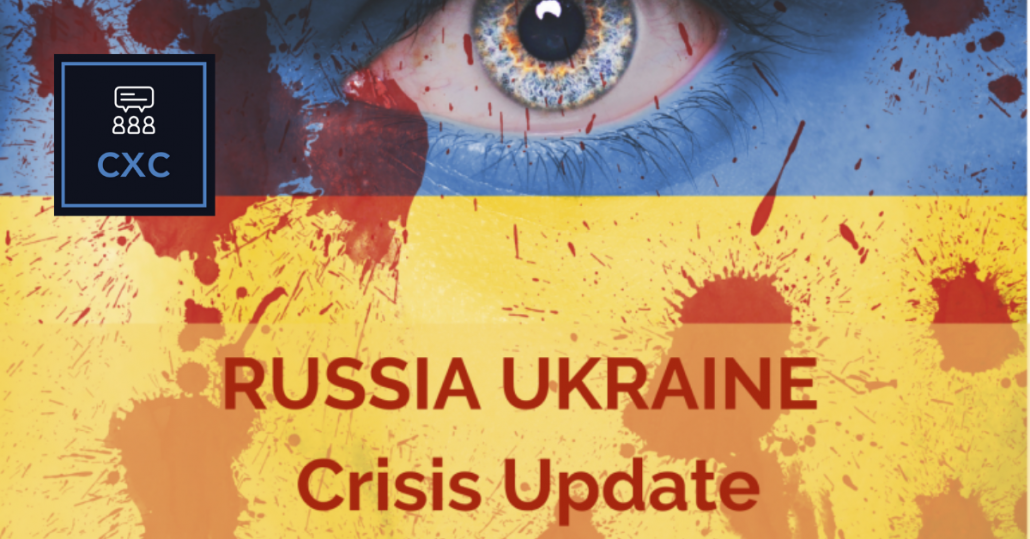Insurance within Treasury
07-04-2022 | treasuryXL | ComplexCountries | LinkedIn |
After many years of weak markets and low insurance premiums, many companies have probably been buying more cover than they may really need. A market where premiums are rising is causing companies to re-evaluate their approach. This re-evaluation involves many complex questions around risk appetite, collaboration with other functions (Legal, HR, Logistics, Manufacturing, IT), the use of brokers, tax, and others. This gives the treasurer the opportunity to really demonstrate his or her value to the business.
This report was compiled by Monie Lindsey. based on a Treasury Peer Call chaired by Damian Glendinning.

Chair’s Overview
The strategic treasurer. The risk manager for the company. Where better for the treasurer to get out of the traditional disciplines of simply managing liquidity and bank accounts, than in managing insurance? Risk management meets budget and operational constraints, and it is a very financial discipline.
This call was initiated by a member who is struggling with increasing premiums as the market hardens, and wanted to know whether other treasurers who are responsible for insurance are taking the same measures, i.e., reducing the purchase of cover and increasing deductibles. The quick answer to that question is yes, in response to significant premium increases, many members are taking another look at the levels of cover. The other question was whether there are additional, more creative ideas.
This triggered a wide-ranging discussion:
- Should insurance be in treasury? The consensus – not surprisingly – was yes, but responsibility often lies with, or is shared with, legal and HR.
- How useful are captives? One member finds them useful to accelerate the tax deduction for losses. Others find them useful for centralising risk and losses away from the operating units – this can depend on the company’s management system. Others are wary of the cost and complexity of a captive.
- Should you use brokers? If so, how effective are RFPs between brokers? One member made savings by changing brokers following an RFP. One member does some negotiating directly with the insurers – but this can be heavy lifting.
- What is the correct balance between self-insurance and buying risk? There does not seem to be a scientific answer.
- The classical approach to solving this question is to benchmark versus what other companies are buying – but this does not confirm that this is the correct level for your company.
- Part of the equation is determining the level of risk and earnings volatility a company is prepared to accept.
- A company will have different levels of risk retention for different lines of risk
- Some risks can become very difficult to insure: one participant is having big issues with theft of cargo in the port of Los Angeles, with the activity of organised crime. This is a frequent issue in Latin America.
- Several participants felt one of the benefits of buying insurance was access to expert advice on risk management, leading to better protected facilities, e.g., better fire prevention, and enhanced anti-theft measures.
- The use of captives to self-insure HR benefits was raised. This is possible, and can be done easily for some benefits. However, it is an area which is heavily regulated, with many mandatory state run schemes, especially in Europe.
- On the other hand, travel insurance can often be combined with useful services, such as emergency assistance.
- There was a discussion about cyber insurance: one participant had experienced a hack, and found that the insurance company provided outstanding assistance in managing the situation before it got out of control. Others were less sure the risk was significant enough to justify the expense.
- Changes to the business often bring changes to the insurance cover required.
Bottom line: After many years of weak markets and low insurance premiums, many companies have probably been buying more cover than they may really need. A market where premiums are rising is causing companies to re-evaluate their approach.
This re-evaluation involves many complex questions around risk appetite, collaboration with other functions (Legal, HR, Logistics, Manufacturing, IT), the use of brokers, tax, and others. This gives the treasurer the opportunity to really demonstrate his or her value to the business.
Please get in touch to sign up for free updates, request a sample report, or find out about our services. Enquire





